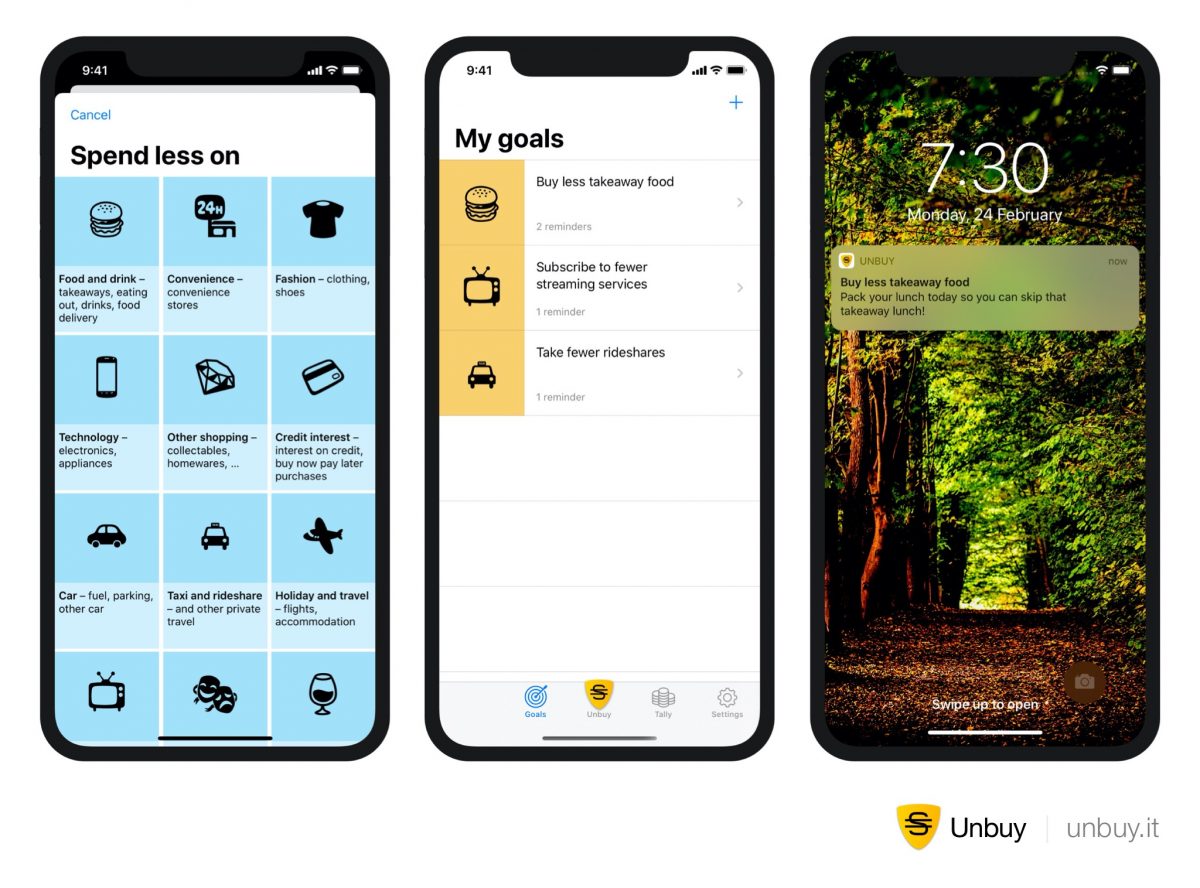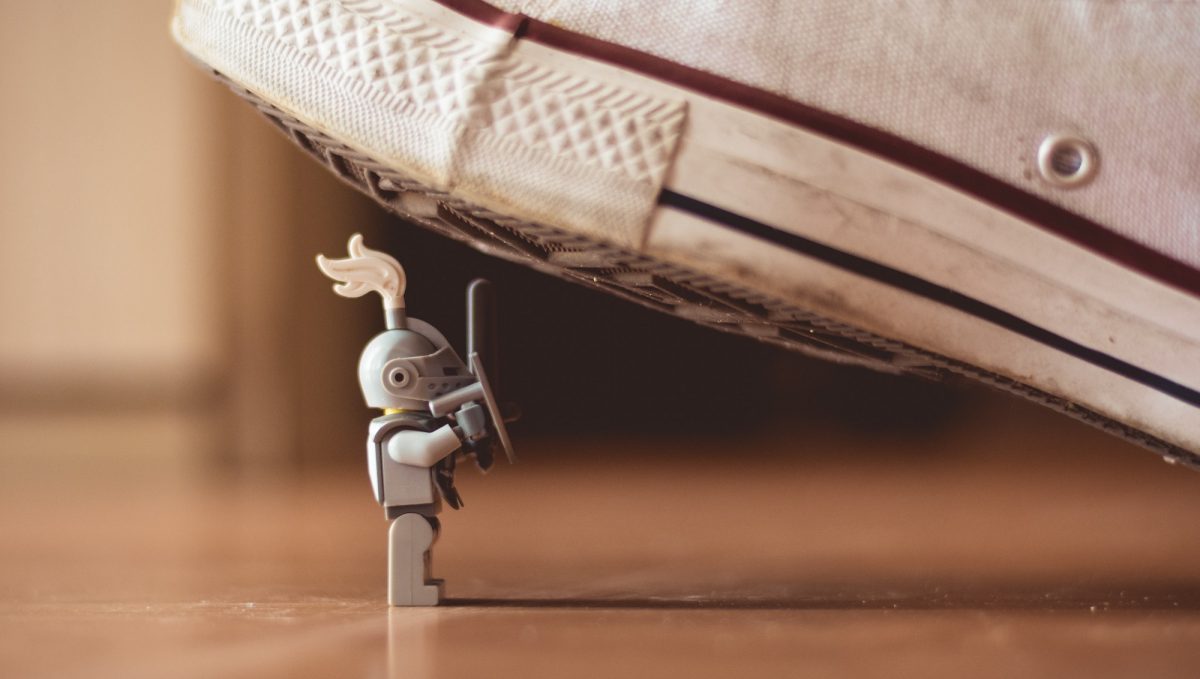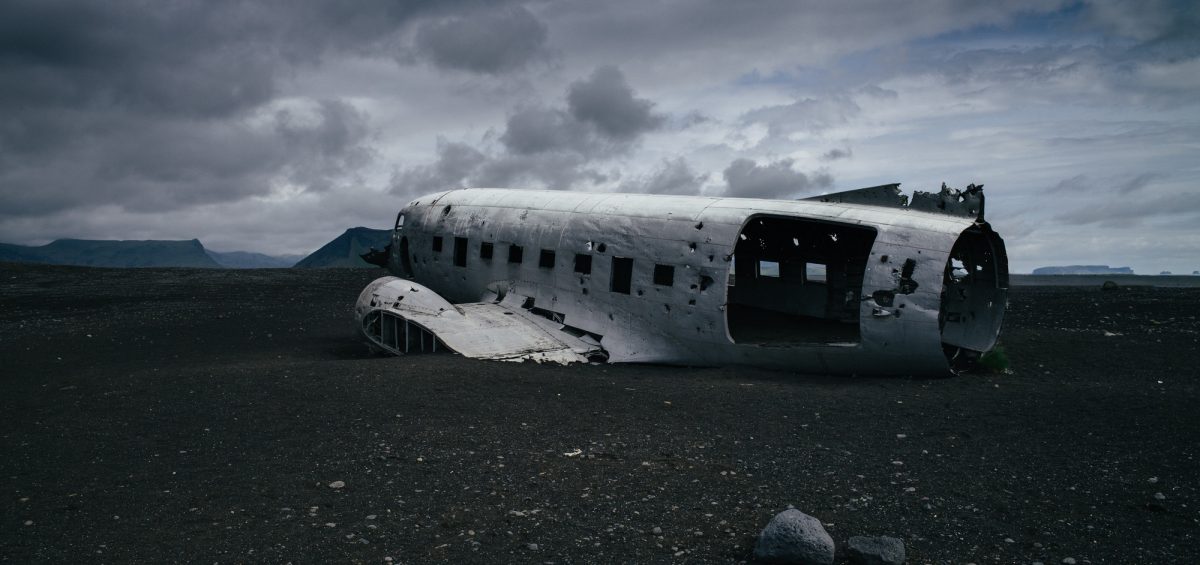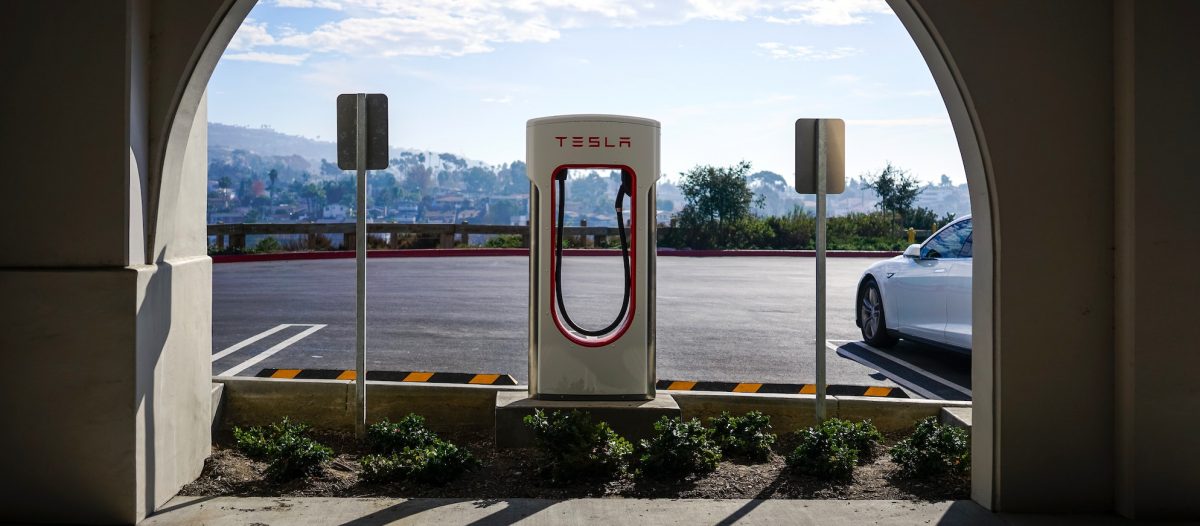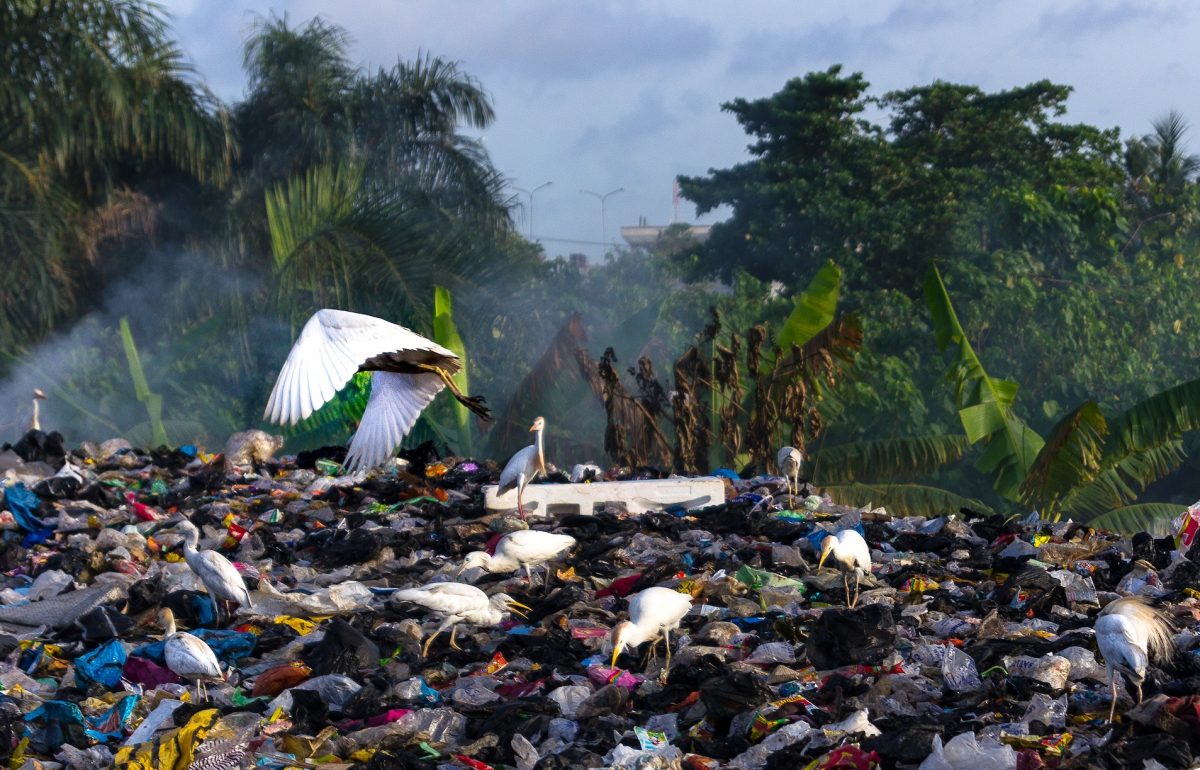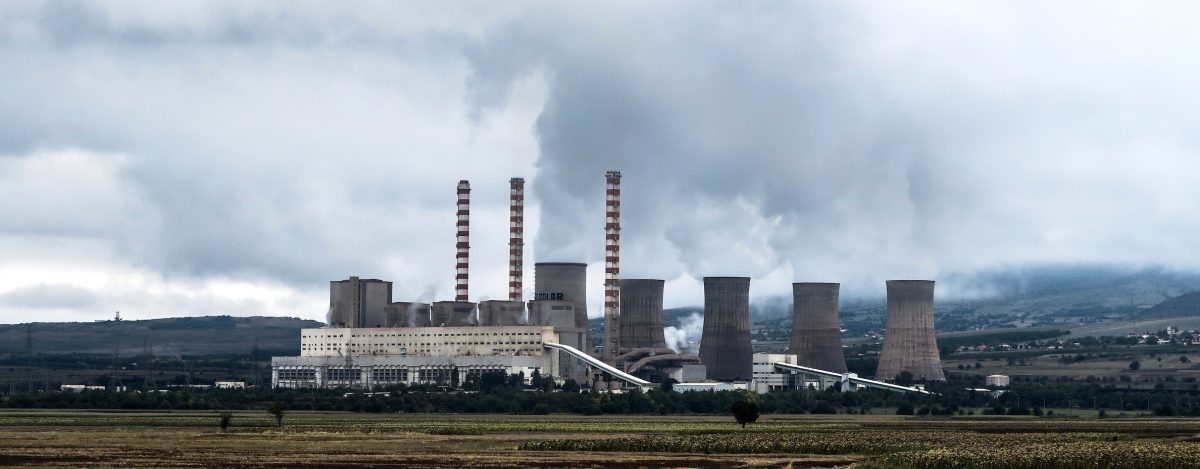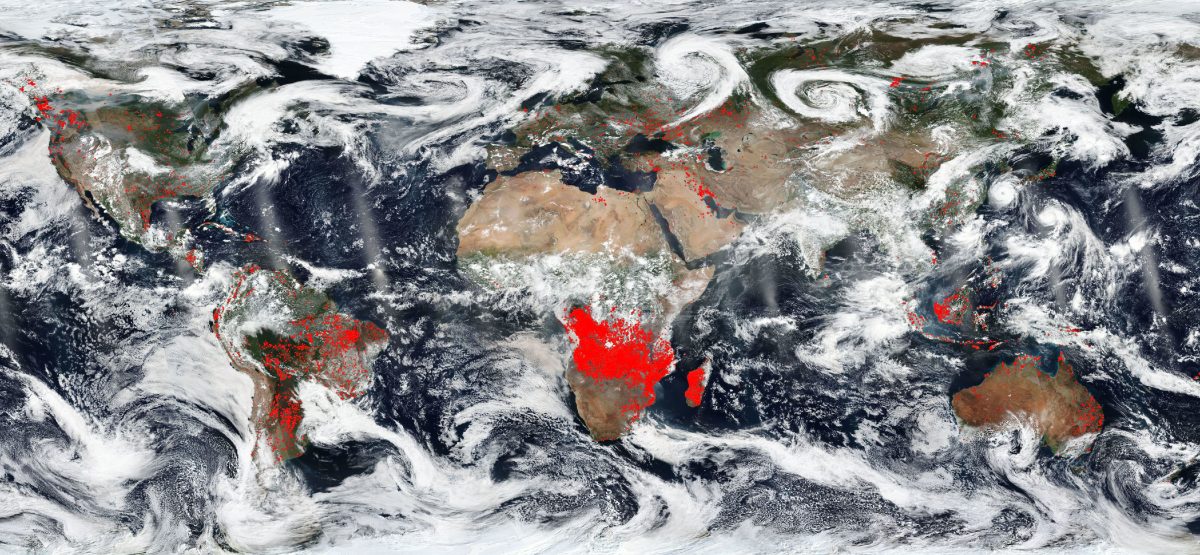In the 1990’s, I worked as a programmer and a software developer. Back then, using computer software was quite difficult for the layperson. I moved into the field of interaction design and learned about usability in the 2000’s. It was a revelation: we could no longer blame the user for everything that went wrong with software – the blame now lay squarely with us, the ones who made the software.
The disciplines of usability and interaction design, along with several others, have since evolved into a field we now tend to call User Experience. We follow an approach called Human Centred Design, which involves ‘the human perspective in all steps of the problem-solving process’.
I have spent nearly a decade and a half working in this field and have always held a strong belief that design should be human centred.
Lately, I have been having some doubts. Let me explain.
Continue reading “Human centred design considered harmful”
